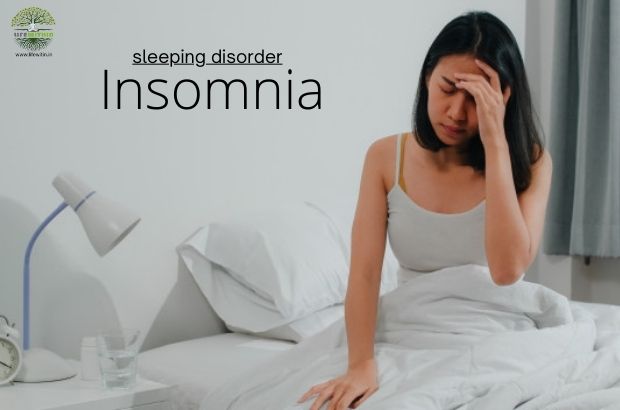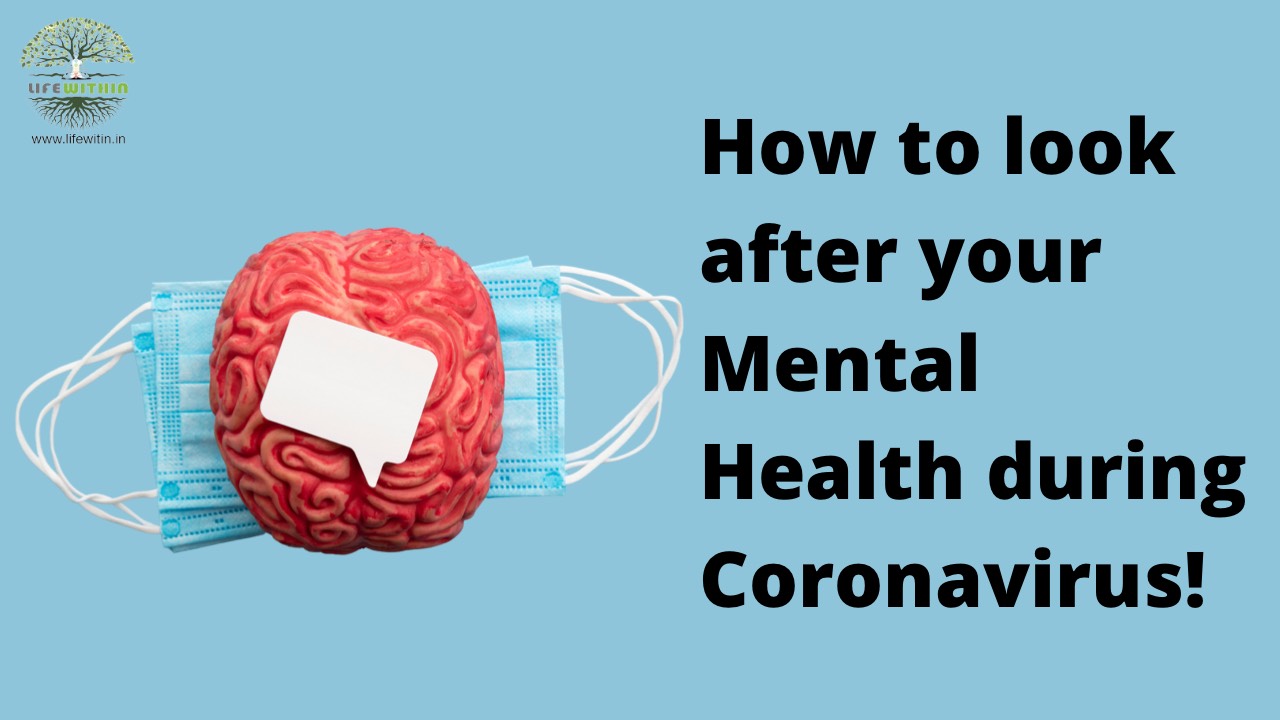Insomnia - Symptoms, Causes and Solution | Life Within
This condition may be acute (short-term) or chronic (long-term). It is very common and can lead to other health problems...
- by Life Within Editor
- Jun 19, 2021
- 1307 views

Insomnia: Sleeping Disorder
Insomnia
is a sleeping disorder in which a person faces trouble in falling or staying
asleep.
This
condition may be acute (short-term) or chronic (long-term). It is very common
and can lead to other health problems like hypertension, weight gain, diabetes.
It can be improved from behavioural and lifestyle changes.
Most
adults require seven-nine hours of sleep but it may vary from person to person.
Insomnia Symptoms:
➔ Difficulty in falling asleep at night
➔
Fatigue
➔
Irritability, anxiety or depression
➔
Tiredness during daytime / low
motivation
➔
Concentration or memory problems
➔
Headaches and difficulty in
socializing and working
➔
Grumpiness
➔
Waking up too early
➔
Increased errors and accidents
➔
Waking up in the night
Insomnia Causes:
Wide
range of physical and psychological factors can cause insomnia. Cause can be
from a temporary problem or from an underlying medical condition.
➔
Stress or trauma related to big life events such as
the demise of a loved one, divorce, job loss or concerns about finance, work or school can lead to sleeplessness.
➔
Poor sleeping habits cause
insomnia. For e.g., irregular bedtime, naps, using electronics (phone, laptop
etc.) before bedtime, uncomfortable sleep environment.
➔
Eating too much before bedtime may
result in heartburn, backflow of acid and food which may keep you awake.
➔
Dealing with changes. For e.g.,
switching shifts at work, travelling across multiple time zones or living in a new
place.
➔
Certain medications for cold,
allergies, high BP, depression, asthma can result in Insomnia.
➔
Going through some physical or
mental pain.
➔
Indulging in recreational drugs
like cocaine.
➔
Women experience hormonal shifts
during the menstrual cycle and menopause which often disrupt sleep.
Home Care Strategies for Insomnia:
➔
Fix your sleeping schedule and
prevent interrupting your sleep cycle.
➔
Avoid using electronic gadgets
before bed.
➔
Follow a regular exercise regime
and meditation for an active lifestyle and better sleep.
➔
Don’t eat a heavy meal close to
bedtime.
➔
Limit/avoid in between naps during
the day.
➔
Use the bed only for sleeping.
➔
Limit caffeine and alcohol
consumption, don’t use nicotine.
➔
Create a relaxing bedtime ritual-
reading, listening to music, warm bath etc.
➔
If you don’t feel like sleeping,
try to do something calming like reading until falling asleep.
When to see a doctor:
If
Insomnia makes it hard to function during the day, causing extreme fatigue for
around three months, then it’s better to see a doctor and root out the cause of
the problem.
By: Sakshi Bisht | Life Within
Photo Credit: People vector created by freepik - www.freepik.com















